Blog 05.2024
One piece of the puzzle: Reflections from All-Energy
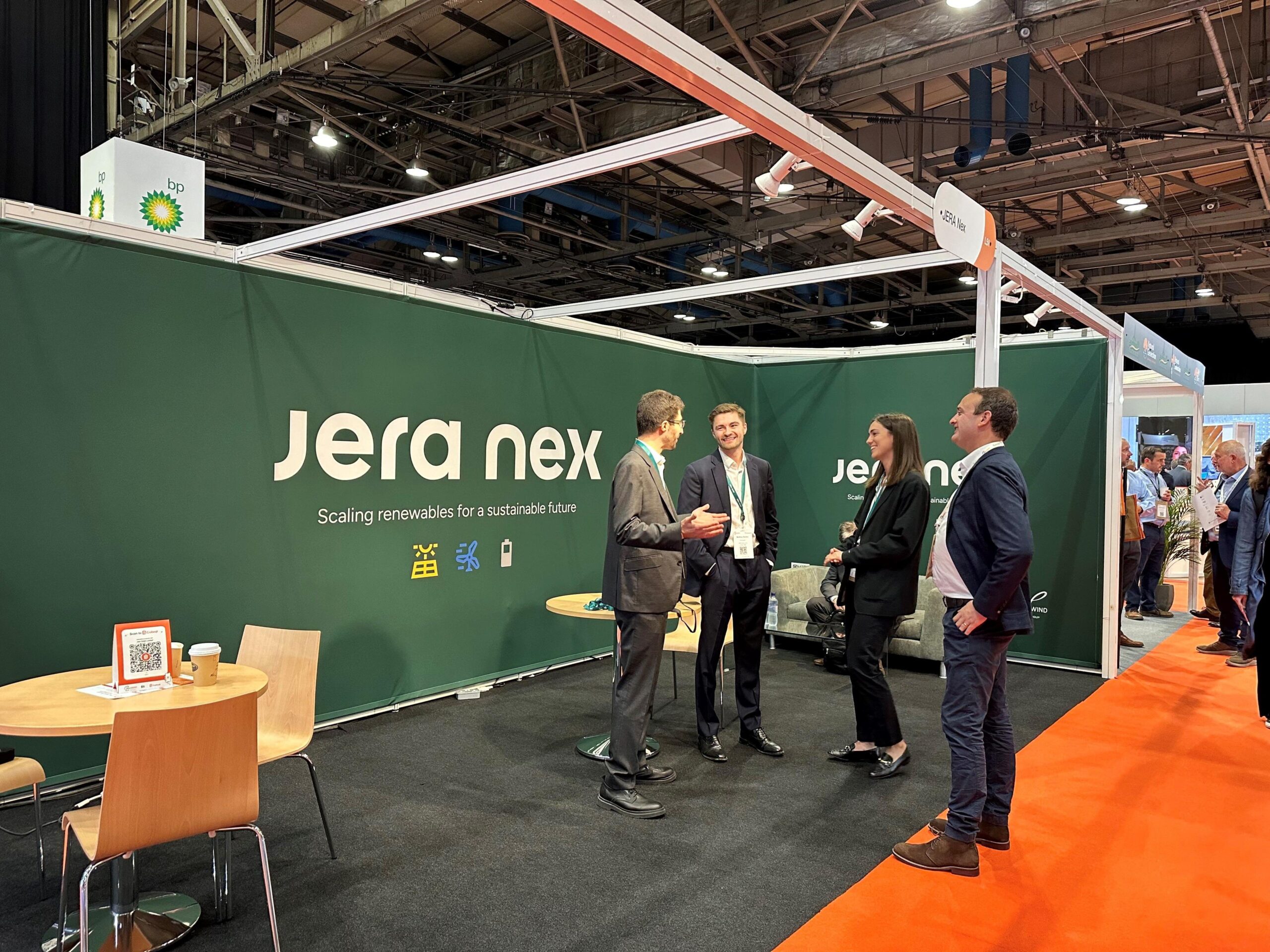
Richard Scott, VP Global Development and Construction (Onshore) spoke at All-Energy Summit in Glasgow earlier in May, discussing JERA Nex and our renewables ambitions as well as the responsibility our industry has to deliver the energy transition as a core part of the global fight against climate change. In this Q&A, we spoke to him about his key takeaways from the event and what’s next.
What was your biggest takeaway from the event?
Walking around the busy show floor, there was representation from across the energy industry value chain, and while almost all focused on solutions for different aspects of the energy trilemma – that is, the need to provide sustainable, secure and affordable energy, sustainability was front and center.
From this perspective, it was interesting to hear different views and see the different solutions being developed, from the big energy players investing in more sustainable solutions, to specific grid infrastructure technologies that will underpin renewable energy storage, to Trinity House, a charity and lighthouse authority whose expertise are used in marking out offshore wind farm sites with buoys. The energy sector is the biggest contributor to greenhouse gases, and so transforming our sector will be critical in moving the dial on climate change. That transformation requires coordinated, collective action, and All-Energy was an important reminder that collaboration across every element of the value chain will be crucial.
What does that say about the role of renewables in the energy transition?
Unsurprisingly, there was a recognition across the board of the critical role renewables have in delivering the energy transition, and the key is in the name, in ensuring a long-term energy supply without the pressures of finite resources that the fossil fuel sector faces. But, it was also clear that we can’t take a single-solution to a challenge as intricate and pressing as the energy transition. Listening to the different companies represented was a clear reminder of the role that a myriad of other solutions also have if we are going to reduce emissions from our industry and all the downstream applications we reach, whether that’s nuclear, low carbon, baseload power, flexible grid, electrification, or energy conservation.
Our position as a new major renewables player means that as JERA Nex we do have an important role to play in driving the energy transition, but we’re in an even more interesting position to lead that charge given our parent company JERA’s 2035 growth strategy focuses on three key pillars; LNG, renewables (as JERA Nex), and hydrogen and ammonia. The perspective and breadth that backing gives us are exciting, and emblematic of the wider need to take a holistic view.
This was the first in-person event we’ve had a presence as JERA Nex since launch, how did you find that?
It was great to be introducing JERA Nex to the market, especially in my home country, and I’ve spoken before about why our launch is just one reason to be optimistic about the industry after a challenging few years. Speaking with people at All-Energy, it was interesting to see the reaction by those who don’t already know us when we spoke about our global portfolio, scale and extent of our growth ambitions. Given our current operating capacity is 3GW (net), reaching 20GW (net) by 2035 is an increase of 566% in 11 years. We have a strong global pipeline of around 10GW already and the right team to achieve that 20GW ambition, but when you break down the numbers, it’s a big ambition.
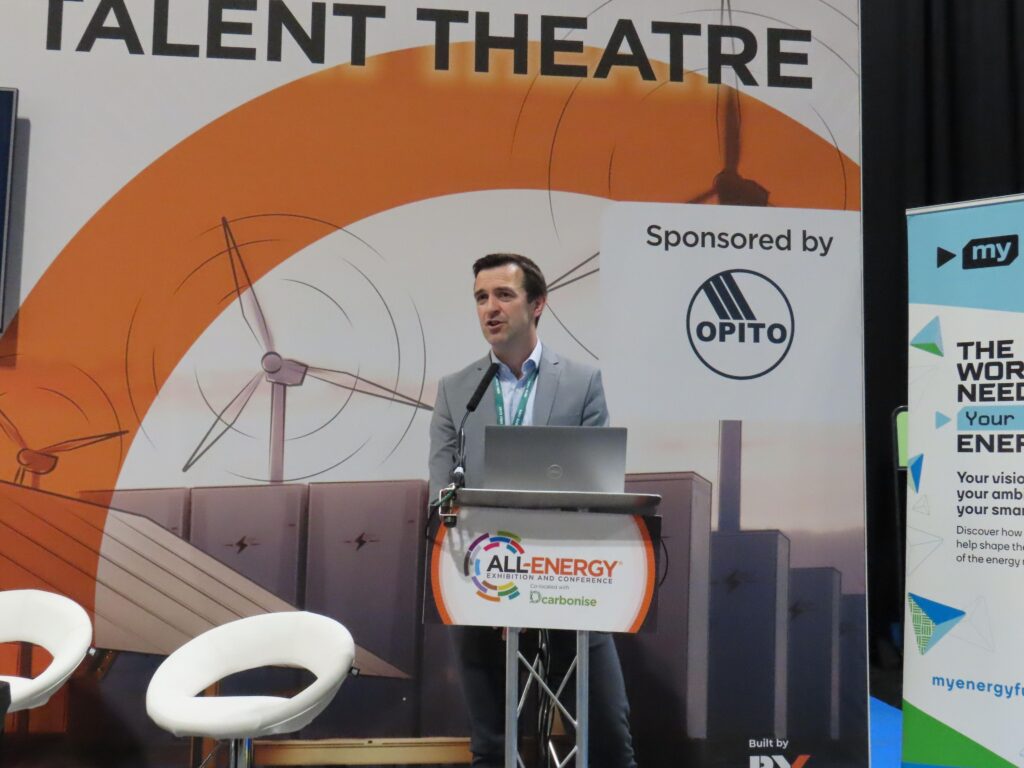
What’s your sense of how the industry is positioned to deliver on its own decarbonization targets, and its role in delivering country-specific nationally defined contributions (NDC)’s?
I would say that there was a sense of careful optimism amongst our peers at the event, and there’s clearly interest in what we’re doing to deliver the transition. There were around 8,000 attendees and the majority of sessions were focused on how we can decarbonize. That said, there is still a level of moderation being practiced, and there are those who are doubling down on focus areas, whether that’s technology or region specific, rather than expanding their operations. It’s clear there’s more to be done to restore full optimism and that the challenge of balancing sustainability with security and affordability remains a complex one, only heightened by recent geopolitical events.
In terms of the country-specific NDCs, the energy industry does of course have an important role. But what was clear from the event was the need to think on a bigger scale, beyond specific countries or technologies, and take a wider perspective on the transition. The energy industry is by nature global, and while retaining energy security for each country is important, moving the dial on climate change will require collaboration between different countries and regions to make the most of different potentials, whether that’s higher than average thermal activity, space for onshore renewables projects or high sun exposure for solar, and work towards a shared global ambition of decarbonizing our society.
So, what’s next? Did All-Energy leave you feeling positive about our progress towards the energy transition?
I recently listened to Professor Dieter Helm, a British economist and climate expert, on Rory Stewart and Alistair Campbell’s podcast, ‘Leading’, and I agree with his view that we need to be realistic about our progress and recognize increased renewables is one aspect of many to this. As he says, “our economies are soaked in carbon. That is what makes the challenge of what we have to do so demanding and important. But it is a huge challenge.” That said, while it is true that what we’re trying to achieve as an industry and as a society will require significant transformation, I’m cautiously optimistic about progress. As JERA Nex, we have an exciting pipeline of projects in different stages of development that will help us get there including our new offshore wind auction wins in Norway and Japan, but we’re just one piece of the puzzle. Being at All-Energy was a good reminder that we’re in a vast ecosystem of an industry, and that if we all deliver on the ambitions we’ve set, we stand a good chance of delivering that transition.
You may also be interested in
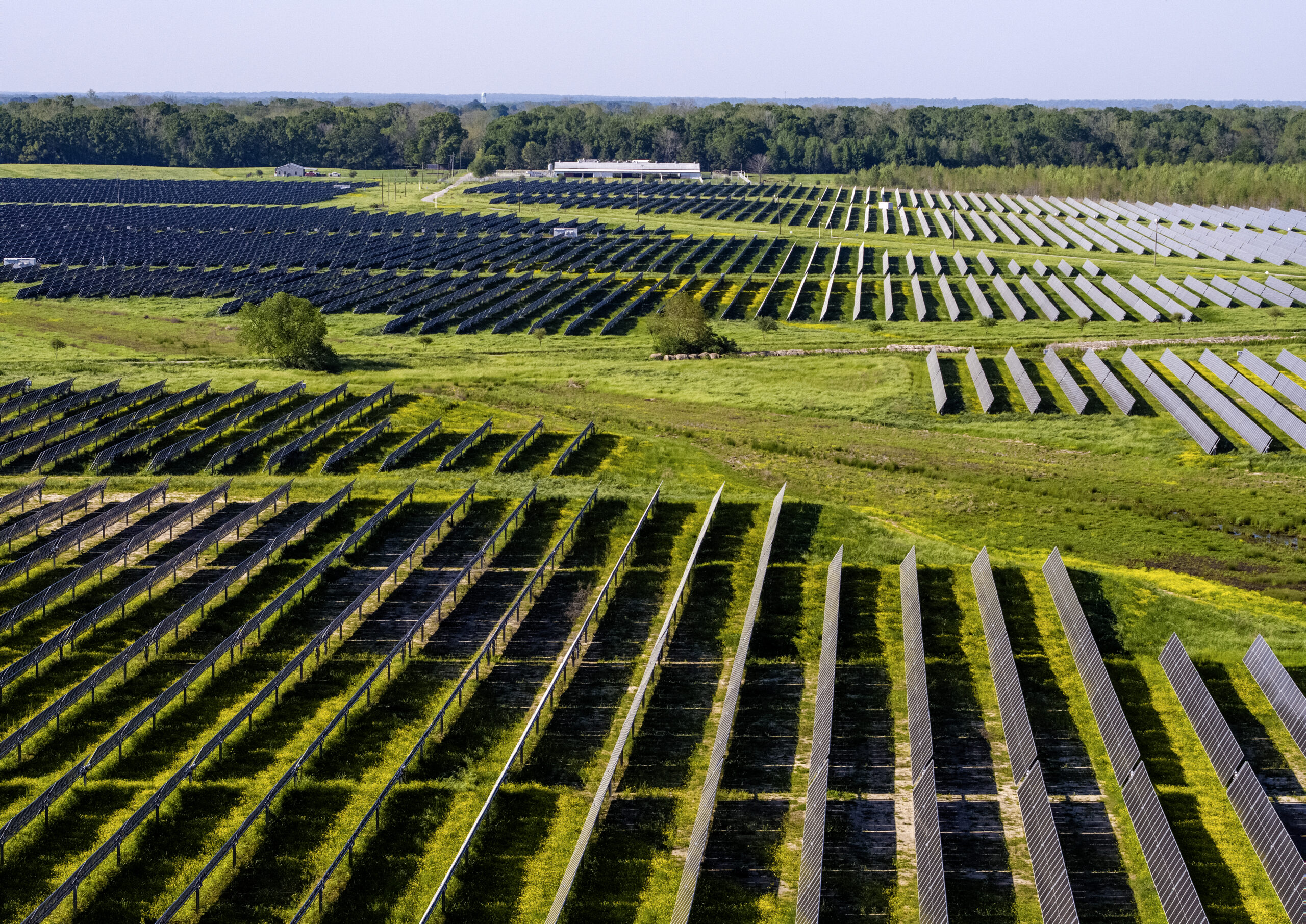
JERA Nex, leading the energy transition
Satoshi Yajima, JERA Nex's chairman, explains why the launch of JERA nex was an exciting moment for the energy transition.
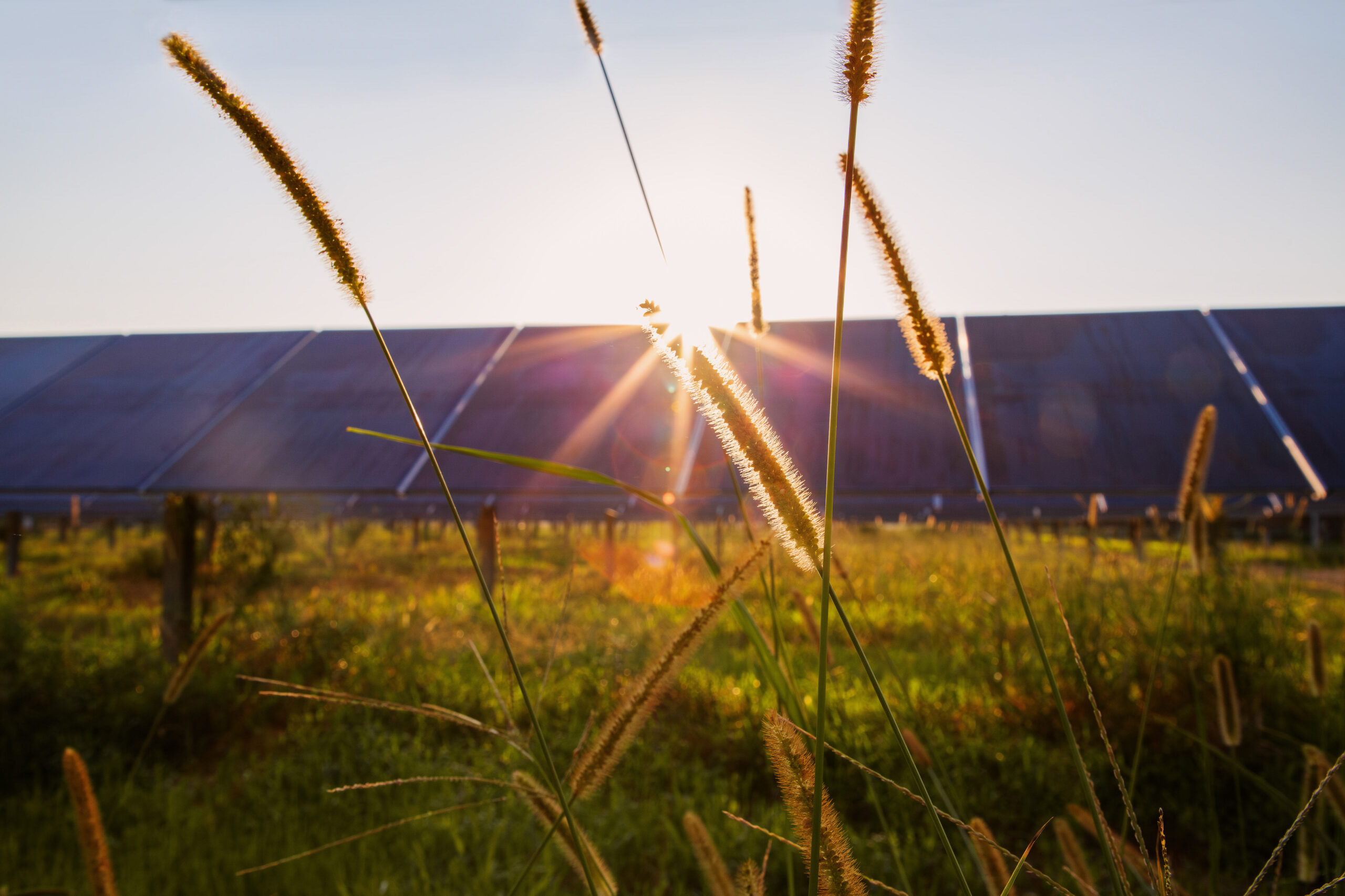
A new renewables company to transform the global energy system
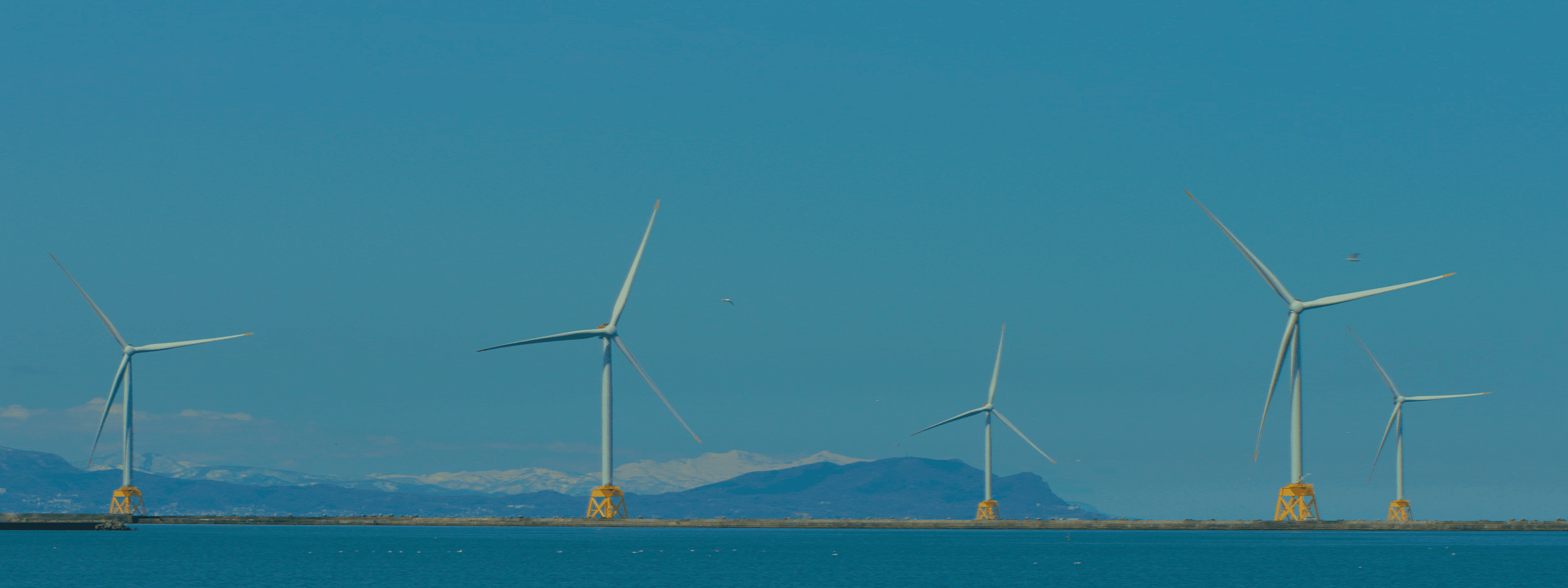
Navigating geopolitical uncertainties to build a sustainable energy system

Reasons to be cheerful: A new way to do renewables
Richard Scott, VP Global Construction & Development (Onshore) explains why the launch of JERA Nex is a bright spot in the renewables industry.